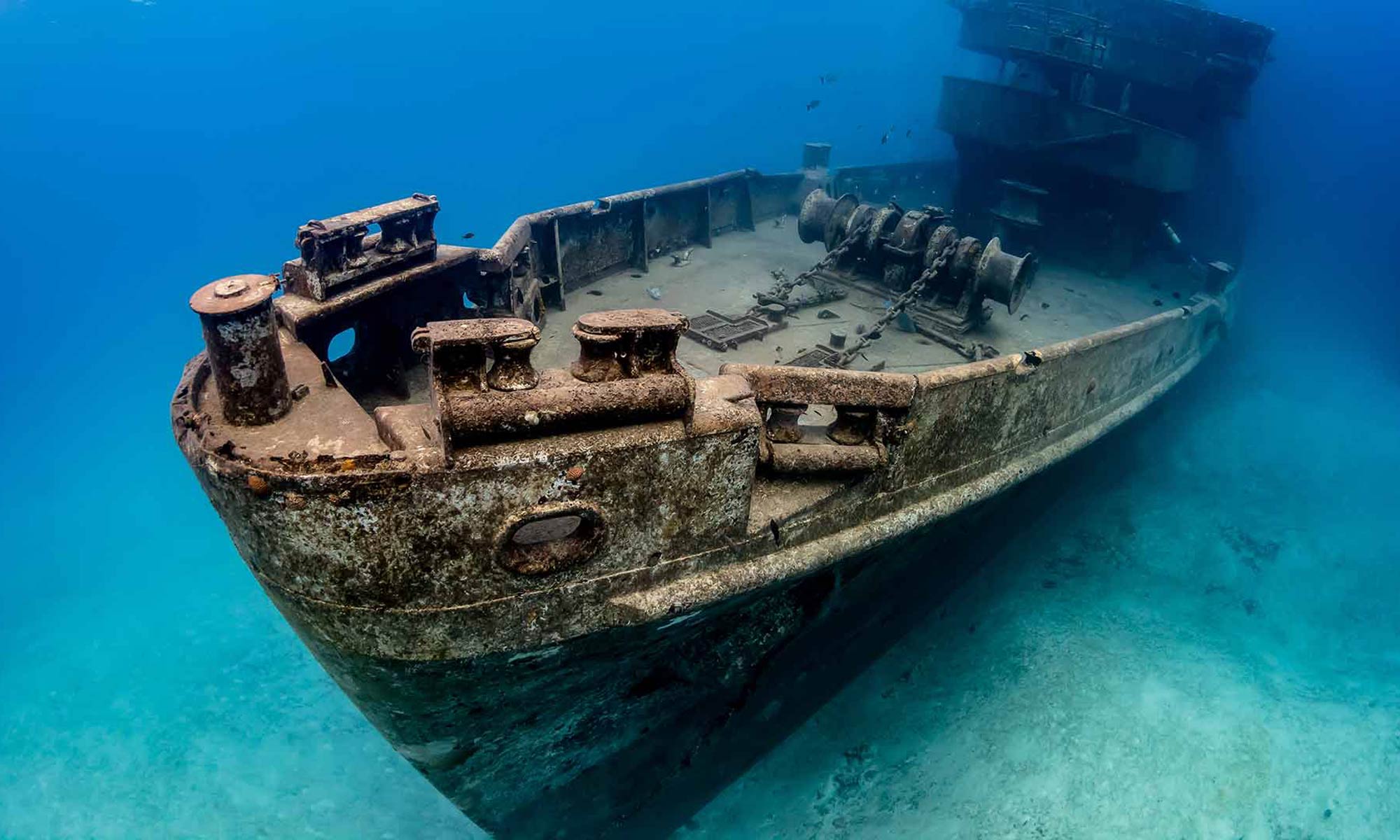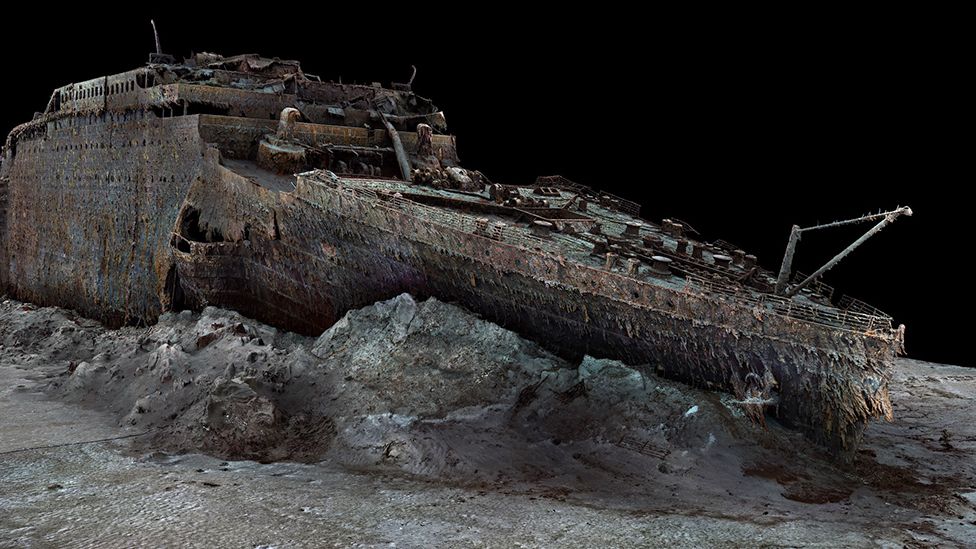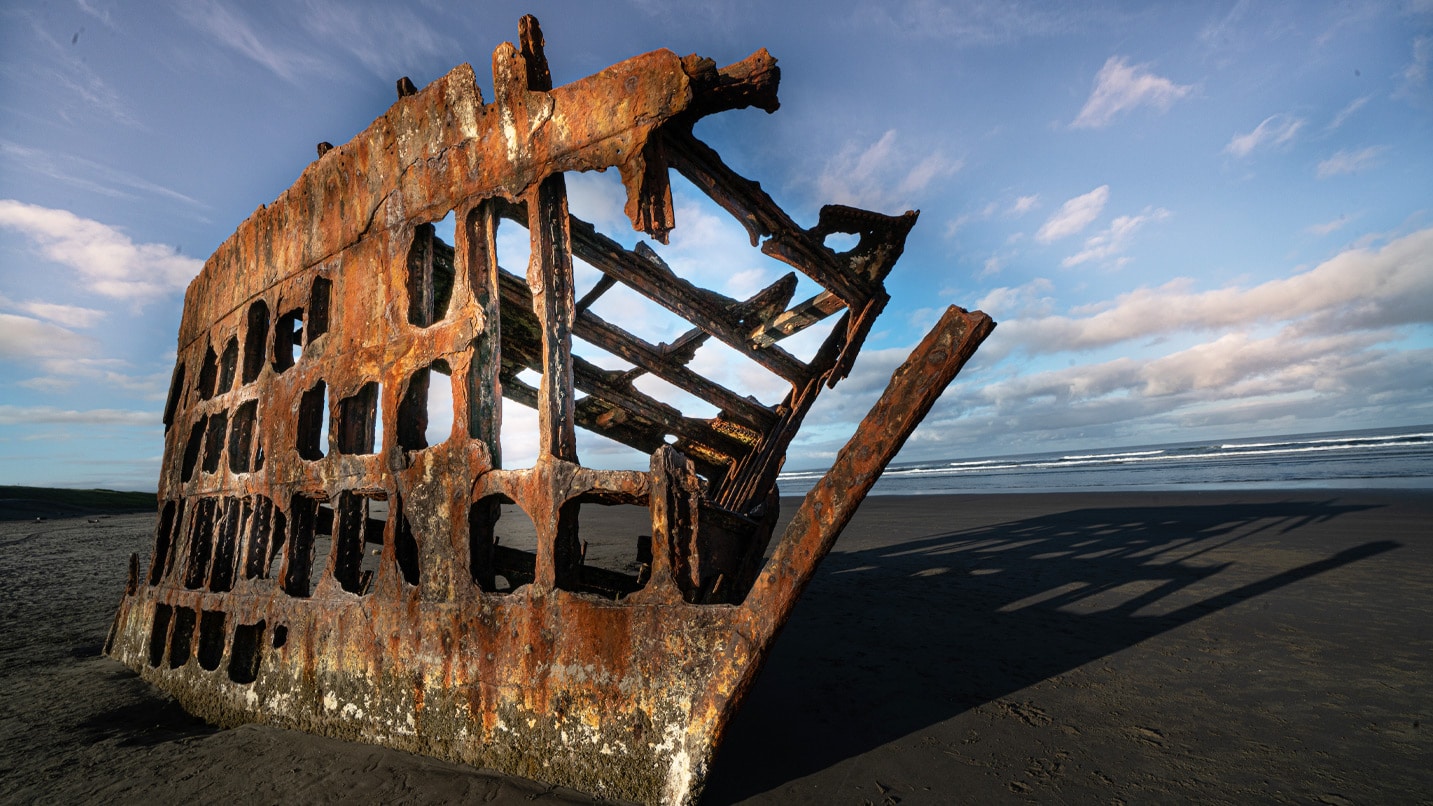Wreck Trucks For Sale: Your Comprehensive Guide to Buying the Right Recovery Vehicle pickup.truckstrend.com
In the world of commercial vehicles, few machines are as crucial, or as specialized, as the wreck truck. Often referred to interchangeably as tow trucks, recovery vehicles, or even rotators, these powerful workhorses are the unsung heroes of our roads, responding to accidents, breakdowns, and unfortunate mishaps to clear pathways and transport incapacitated vehicles. For towing companies, auto repair shops, municipalities, and even heavy equipment operators, acquiring the right wreck truck is not just an investment; it’s a fundamental necessity for their operations.
The market for "Wreck Trucks For Sale" is dynamic and diverse, ranging from brand-new, custom-built giants to reliable, pre-owned units ready for their next assignment. Understanding this market, knowing what to look for, and navigating the purchasing process effectively can significantly impact your operational efficiency and bottom line. This comprehensive guide will delve into every aspect of buying a wreck truck, offering insights, practical advice, and essential information to help you make an informed decision.
Wreck Trucks For Sale: Your Comprehensive Guide to Buying the Right Recovery Vehicle
The Essential Role and Diverse Types of Wreck Trucks
Wreck trucks are purpose-built vehicles designed for the demanding tasks of lifting, towing, and recovering other vehicles. Their robust construction and specialized equipment allow them to handle everything from compact cars stuck in a ditch to overturned 18-wheelers blocking a highway. Understanding the different types available is the first step in identifying your specific needs.
-
Light-Duty Wreckers: These are typically built on a 1-ton to 2-ton truck chassis and are ideal for towing and recovering passenger cars, SUVs, and light trucks.
- Wheel-Lift Wreckers: The most common type, they use a yoke to cradle the tires, lifting one end of the vehicle off the ground.
- Self-Loaders/Repo Trucks: Designed for quick, single-person operation, often used for repossessions or simple parking violations.
- Integrated Wreckers: Combine a boom and wheel-lift into a single unit, offering good maneuverability and strength for their class.


Medium-Duty Wreckers: Built on a larger chassis (e.g., 26,000 GVWR), these trucks bridge the gap between light and heavy-duty. They can handle heavier passenger vehicles, cube vans, small buses, and some commercial vehicles. They often feature stronger booms and under-reaches.
-
Heavy-Duty Wreckers: These are the titans of the towing industry, built on robust truck chassis (tandem or tri-axle) with powerful engines and sophisticated hydraulic systems. They are essential for recovering tractor-trailers, buses, RVs, construction equipment, and other heavy vehicles.
- Conventional Heavy-Duty Wreckers: Feature a separate boom and under-reach, offering immense lifting and towing capacity.
- Integrated Heavy-Duty Wreckers: Combine the boom and under-reach into a single, compact unit, providing excellent stability and maneuverability for their size.
- Rotators: The most advanced and versatile heavy-duty wreckers. Their boom can rotate 360 degrees, allowing for complex recoveries from various angles without repositioning the truck. This significantly increases efficiency and safety in challenging situations.

Key Components: Regardless of type, common components include a powerful boom (for lifting), a winch (for pulling), an under-reach or wheel-lift (for towing), hydraulic systems, and ample storage compartments for chains, straps, and recovery tools.
The Advantages of Acquiring a Used Wreck Truck
While a brand-new wreck truck offers the latest technology and a full warranty, the market for "Wreck Trucks For Sale" heavily favors pre-owned units for several compelling reasons:
- Cost-Effectiveness: This is arguably the biggest advantage. Used wreck trucks come at a significantly lower upfront cost, making them accessible for startups, smaller operations, or those expanding their fleet on a budget. The initial depreciation hit has already occurred, meaning your investment holds its value better.
- Immediate Availability: Unlike new trucks that might have long lead times for manufacturing and customization, a used wreck truck is often available immediately, allowing you to quickly scale up operations or replace a downed unit.
- Proven Performance: A used truck has already been put to the test. If it has a good service history and passes a thorough inspection, you know it’s a reliable machine capable of handling the work.
- Lower Insurance Premiums: Generally, older and less expensive vehicles incur lower insurance costs, contributing to reduced operational overhead.
- Wider Selection: The used market offers a vast array of makes, models, configurations, and specialized features that might not be readily available in the new market or would be prohibitively expensive to custom order.
While the benefits are clear, it’s crucial to remember that buying used requires diligent research and inspection to mitigate potential risks associated with wear and tear, hidden damages, or outdated technology.
Navigating the Market: Where to Find Your Next Wrecker
The search for "Wreck Trucks For Sale" can lead you down several avenues, each with its own advantages and considerations:
-
Online Marketplaces & Classifieds:
- Dedicated Commercial Truck Sites: Websites like TruckPaper.com, CommercialTruckTrader.com, and MyLittleSalesman.com are excellent resources. They feature extensive listings from dealerships and private sellers, often with detailed specifications and multiple photos.
- General Classifieds: eBay Motors, Facebook Marketplace, and Craigslist can sometimes yield local deals, but require more caution regarding seller credibility.
- Specialized Forums & Groups: Industry-specific forums or social media groups for towing professionals can be great for word-of-mouth leads and trucks sold directly by other operators.
-
Commercial Truck Dealerships: Many dealerships specialize in used commercial vehicles, including wreckers. They often offer a range of makes and models, sometimes with reconditioning services, financing options, and limited warranties. While prices might be slightly higher than private sales, you gain a level of buyer protection and convenience.
-
Auctions:
- Public Auctions: Ritchie Bros., IronPlanet, and other large auctioneers regularly feature commercial trucks, including wreckers. You can find good deals, but "as-is, where-is" conditions mean thorough pre-inspection is critical.
- Local Impound Auctions: Sometimes, abandoned or seized wreck trucks go up for auction. These can be high-risk, high-reward opportunities.
-
Direct from Towing Companies: Many towing businesses upgrade their fleets or downsize, selling their used trucks directly. This can be an excellent source for well-maintained vehicles with known histories. Networking within the industry can open these doors.
A Step-by-Step Guide to Purchasing a Wreck Truck
Buying a wreck truck is a significant investment that requires a systematic approach.
-
Define Your Needs and Budget:
- Capacity: What types of vehicles will you primarily be recovering? This determines light, medium, or heavy-duty.
- Features: Do you need a rotator, a specific boom length, additional storage, or specialized equipment?
- Budget: Determine your maximum expenditure, including the purchase price, potential repairs, insurance, and registration. Consider if you’ll pay cash or finance.
-
Research and Shortlist:
- Once your needs are defined, research makes and models known for reliability in your desired category. Read reviews and seek advice from experienced operators.
- Browse listings from various sources and create a shortlist of potential candidates that fit your criteria and budget.
-
Initial Contact and Information Gathering:
- Contact sellers to get more details. Ask for VIN, service records, recent maintenance, and reasons for selling.
- Request detailed photos or videos, especially of high-wear areas like the boom, winch, and under-reach.
-
The All-Important Pre-Purchase Inspection (P.P.I.):
- Never buy a wreck truck sight unseen. Schedule a physical inspection. Ideally, bring a qualified heavy truck mechanic or an experienced wrecker operator with you.
- Test Drive: Evaluate engine performance, transmission shifting, brakes, steering, and overall ride quality.
- Operate All Functions: Test the boom, winch, under-reach/wheel-lift, outriggers, lights, and all controls. Listen for unusual noises, check for leaks, and observe smooth operation.
- Check Documentation: Verify the title is clear, and review service records diligently. A VIN check can reveal accident history or title issues.
-
Negotiation and Purchase:
- Based on your inspection and market research, negotiate a fair price. Be prepared to walk away if the deal isn’t right or if significant issues are uncovered.
- Once an agreement is reached, ensure all paperwork is correctly completed, including the bill of sale and title transfer.
-
Post-Purchase Steps:
- Insurance: Secure commercial vehicle insurance for your new asset.
- Registration: Register the truck according to your state’s regulations.
- Initial Maintenance: Even if it looks good, perform an immediate fluid change and thorough preventative maintenance check to establish a baseline.
Critical Inspection Points for a Pre-Owned Wrecker
A wreck truck endures immense stress. A meticulous inspection is paramount to avoid costly surprises.
- Chassis and Frame: Look for rust, cracks, bends, or previous weld repairs on the main frame rails. Pay close attention to areas where the wrecker body mounts to the chassis.
- Engine and Transmission: Check for leaks, unusual noises, smoke from the exhaust, and proper fluid levels. Review maintenance records for regular servicing. During a test drive, ensure smooth shifting and adequate power.
- Hydraulic System: This is the heart of the wrecker. Inspect all hoses, lines, cylinders, and the hydraulic pump for leaks, cracks, or damage. Operate all hydraulic functions (boom, under-reach, outriggers) multiple times to ensure smooth, responsive operation without hesitation or grinding noises.
- Boom and Winch:
- Boom: Look for cracks, bends, or stress marks, especially near pivot points and extensions. Check the condition of the boom cable and sheaves.
- Winch: Inspect the winch cable for fraying, kinks, or damage. Test the winch’s pulling power and ensure the clutch engages and disengages smoothly.
- Under-reach/Wheel-Lift: Check for excessive play in pins and bushings. Ensure it extends, retracts, and lifts smoothly without binding.
- Electrical System: Test all lights (headlights, tail lights, warning lights), controls, and accessories. Check for frayed or exposed wiring.
- Tires and Brakes: Assess tire tread depth and condition. Check brake pads, rotors/drums, and air lines (if applicable) for wear or damage.
- PTO (Power Take-Off): Ensure the PTO engages and disengages properly, without excessive noise or vibration.
- Body and Storage: Look for rust, dents, or damage to storage compartments. Ensure all doors and latches function correctly.
Financing Your Wreck Truck Investment
Acquiring a wreck truck, especially a heavy-duty one, often requires substantial capital. Several financing options are available:
- Traditional Bank Loans: Commercial loans from banks are a common choice, offering competitive interest rates but often requiring a strong credit history and a significant down payment.
- Equipment Financing Companies: Many lenders specialize in equipment loans for commercial vehicles. They often have more flexible terms and may be more willing to finance older or specialized equipment.
- Dealership Financing: Some commercial truck dealerships offer in-house financing or work with a network of lenders. This can streamline the process but always compare their rates to other options.
- Leasing: Leasing offers lower monthly payments and can be beneficial for tax purposes. However, you don’t own the asset at the end of the term (unless it’s a finance lease with a purchase option). This is often preferred for new trucks, but some companies lease used equipment.
When evaluating financing, consider the interest rate, loan term, down payment requirements, and any additional fees. A higher down payment can reduce your monthly payments and overall interest paid.
Ensuring Longevity: Maintenance Tips for Your Wreck Truck
Once you’ve acquired your wreck truck, proper maintenance is key to extending its lifespan and ensuring reliable operation.
- Follow Manufacturer’s Schedule: Adhere strictly to the chassis and wrecker body manufacturer’s recommended service intervals for oil changes, fluid checks (engine, transmission, differential, hydraulic), and filter replacements.
- Hydraulic System Care: Regularly check hydraulic fluid levels and quality. Inspect all hoses and fittings for leaks or damage. Replace hydraulic filters as recommended.
- Winch Cable Inspection: Inspect your winch cable daily for frays, kinks, or flat spots. Replace it immediately if any damage is found. Ensure the cable is spooled correctly on the drum.
- Greasing: Regularly grease all pivot points, pins, and bushings on the boom, under-reach, and outriggers. This reduces friction and prevents premature wear.
- Rust Prevention: Clean the truck regularly, especially after operating in salt or corrosive environments. Touch up paint chips and address rust spots promptly to prevent further spread.
- Electrical System Check: Periodically inspect wiring for chafing or corrosion. Ensure all lights and safety features are operational.
- Operator Training: Proper operation significantly impacts a truck’s longevity. Ensure all operators are thoroughly trained on the specific model and safe operating procedures. Overloading or improper use can lead to premature wear and catastrophic failure.
Price Table: Estimated Costs for Used Wreck Trucks For Sale
Prices for "Wreck Trucks For Sale" can vary wildly based on year, make, model, mileage, condition, and specific features. The table below provides general estimated ranges for used units. New trucks will be significantly higher.
| Category | Typical Capacity (Tons) | Estimated Used Price Range (USD) | Key Features Often Included | Target User |
|---|---|---|---|---|
| Light-Duty Wrecker | 3-6 | $20,000 – $60,000 | Wheel-lift, single winch, basic storage | Small auto shops, local towing, repo services |
| Medium-Duty Wrecker | 8-12 | $50,000 – $120,000 | Stronger boom/under-reach, dual winches | Mid-sized towing, commercial roadside assist |
| Heavy-Duty Wrecker | 25-50+ | $100,000 – $350,000+ | Conventional/Integrated boom, multiple winches, air brakes | Large towing companies, heavy haulers, municipalities |
| Heavy-Duty Rotator | 50-75+ | $250,000 – $700,000+ | 360-degree rotating boom, multiple winches, advanced controls | Specialized recovery, large-scale commercial towing |
Note: These are broad estimates. A low-mileage, meticulously maintained, recent model heavy-duty wrecker can easily exceed these ranges, while an older unit requiring significant repairs might be found for less.
Frequently Asked Questions (FAQ) About Wreck Trucks For Sale
Q1: What’s the main difference between a "wrecker" and a "tow truck"?
A1: While often used interchangeably, "wrecker" typically implies a vehicle with recovery capabilities (boom, winch) designed for accident recovery, vehicle uprighting, and heavy lifting, in addition to towing. A "tow truck" can be a broader term, sometimes including flatbeds or simpler wheel-lift units primarily for transport.
Q2: How much does a used wreck truck cost?
A2: As shown in the price table, costs vary widely. Light-duty used wreckers can start from $20,000, while high-capacity used rotators can exceed $700,000. Factors like age, mileage, condition, make, model, and specific features heavily influence the price.
Q3: What should I prioritize when inspecting a used wrecker?
A3: Focus on the structural integrity of the chassis and wrecker body, the condition and smooth operation of the hydraulic system (boom, winch, under-reach), and the overall health of the engine and transmission. Any significant issues in these areas can lead to extremely costly repairs.
Q4: Do I need a Commercial Driver’s License (CDL) to operate a wreck truck?
A4: It depends on the truck’s Gross Vehicle Weight Rating (GVWR) and your state’s regulations. Generally, if the GVWR is 26,001 pounds or more, or if you’re towing a trailer that puts the combined weight over that threshold, a CDL (often Class B or A) is required. Always check your local Department of Motor Vehicles (DMV) rules.
Q5: Can I convert a regular truck into a wrecker?
A5: While technically possible, it’s a complex and expensive undertaking. It involves reinforcing the chassis, installing a specialized PTO, and mounting the heavy wrecker body. It’s almost always more practical and safer to purchase a purpose-built wrecker or a chassis specifically designed for wrecker conversions by a reputable upfitter.
Q6: What’s the average lifespan of a wreck truck?
A6: With proper maintenance and responsible operation, the chassis of a wreck truck can last 10-20 years or more, often accumulating hundreds of thousands of miles. The wrecker body itself, being largely mechanical and hydraulic, can have an even longer lifespan if well-maintained, sometimes outliving multiple chassis.
Conclusion
The market for "Wreck Trucks For Sale" offers a wealth of opportunities for businesses and individuals seeking to acquire these indispensable recovery vehicles. Whether you’re a burgeoning towing operation or an established fleet looking to upgrade, understanding the different types of wreckers, the benefits of buying used, and the critical steps involved in the purchasing process is paramount. By conducting thorough research, performing diligent inspections, and prioritizing proper maintenance, you can secure a reliable and efficient wreck truck that will serve as a profitable and essential asset for years to come. Your success on the road begins with making the right choice in the showroom or at the auction block.



